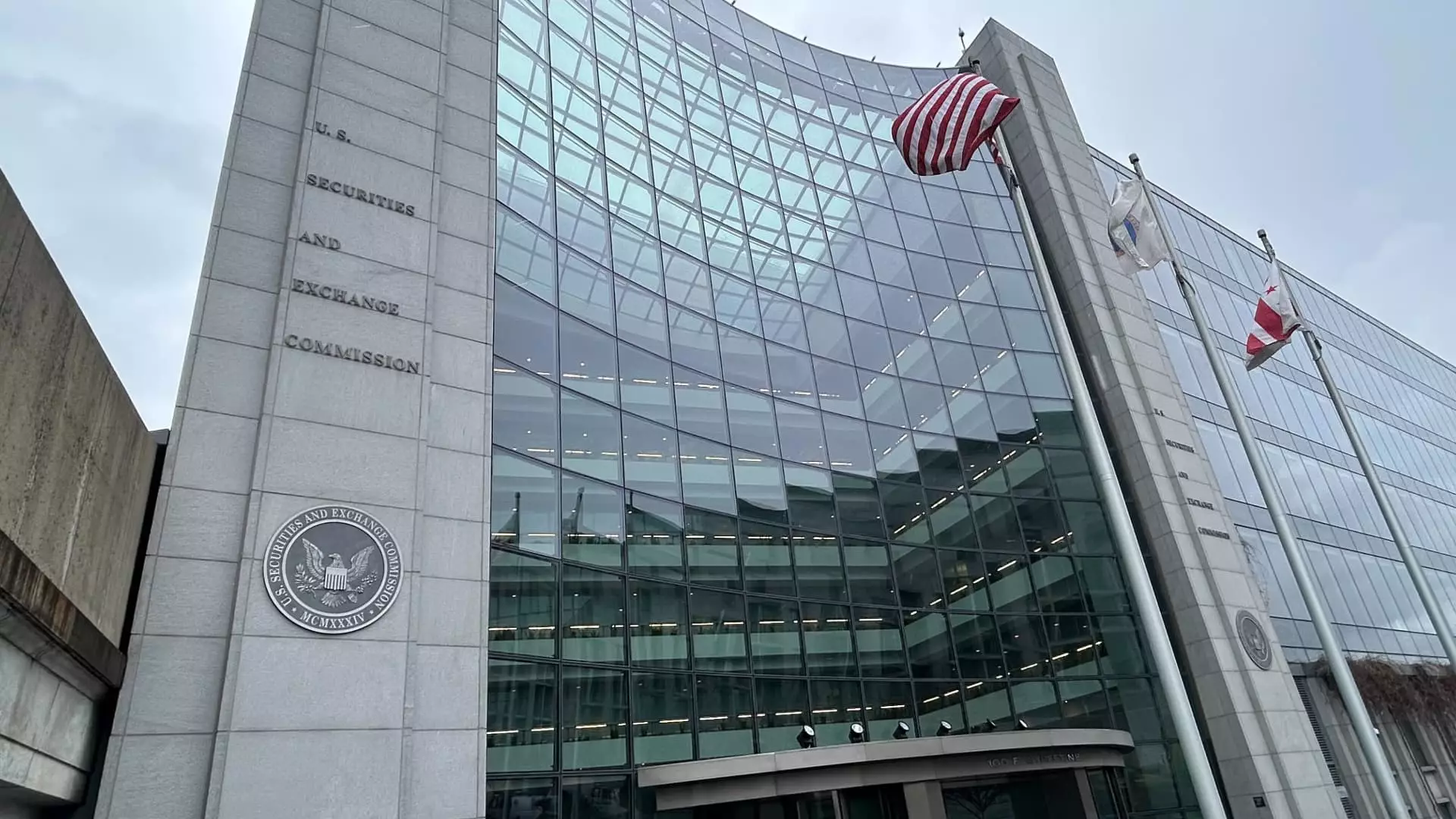The recent wave of resignations at the U.S. Securities and Exchange Commission (SEC) paints a troubling picture of the fragile state of federal oversight amid a politically charged environment. With over 600 employees—comprising 12% of its entire workforce—choosing to resign in response to initiatives set forth by President Donald Trump and key figure Elon Musk, the impact on the SEC’s ability to monitor and regulate financial markets is daunting. This mass exodus should alarm all who care about meaningful governance and market integrity.
Motivations Rooted in Downsizing
The efforts to downsize the federal workforce, framed as a necessity to eradicate inefficiency, are nothing short of a misguided strategy. While it is essential to reevaluate governmental operations, the manner in which these cuts are unfolding raises significant concerns about the underlying motivations. The voluntary resignation offers are not an attempt to streamline or improve the SEC, but rather a tactic to cripple an institution that Trump and Musk deem as part of a “bloated” government. This philosophy has permeated the culture of the SEC, and it reveals a broader intention to reshape governance to better suit wealth-centric ideologies—an alarming prospect for a society that thrives on equitable regulations.
The Compromised Capability for Oversight
With seasoned staff and enforcement lawyers leaving the agency, the repercussions for investor protection and market regulation are severe. The SEC is supposed to act as a bulwark against financial misconduct, safeguarding the interests of everyday investors against unscrupulous practices. However, as the internal structure weakens due to stress and uncertainty stemming from mass resignations, the agency’s mission becomes jeopardized. This compromises not just the SEC’s integrity but, more importantly, the very trust that investors place in the market.
The Political Underpinnings of Staffing Decisions
The proactive measures to trim the workforce align neatly with a broader political narrative focused on reducing the size of government. However, such rhetoric fails to acknowledge the intricate role that these agencies play in maintaining economic stability. The SEC’s current leadership, under Acting Chairman Mark Uyeda, appears to be a mere puppet, aligning with a partisan command that prioritizes political allegiance over procedural integrity. This erosion of independence raises pressing questions about accountability and ethics within the agency, as regulatory bodies transform into instruments of political expediency.
Uncertain Future Amid Strained Morale
For the remaining workforce at the SEC, uncertainty looms large. With resignation offers still open, employees face a disheartening decision: remain with an agency that is increasingly seen as politicized and ineffective or seek opportunities elsewhere. This internal strife raises important ethical questions about the future of public service in America—the nature and mission of government agencies are fundamentally challenged when loyalty to political figures supersedes dedication to the public good.
In the long run, the ramifications of a weakened SEC, stemming from a calculated reduction in personnel, can have far-reaching effects on market health. If the mission to regulate markets becomes a secondary concern to partisan agendas, all investors, especially the average American, stand to lose. The threats of cronyism and financial mismanagement will only grow, contributing to a system that enables greater inequality. That’s a legacy no one should want to leave behind.



Leave a Reply